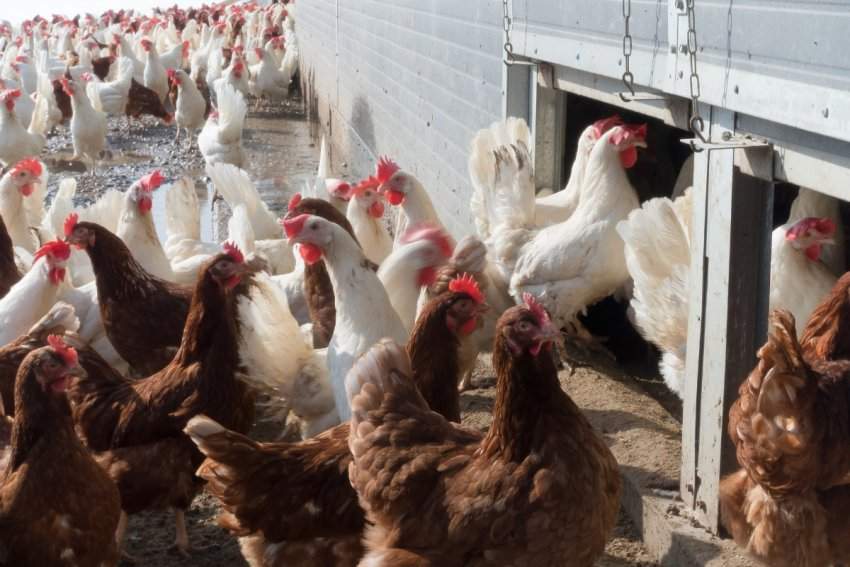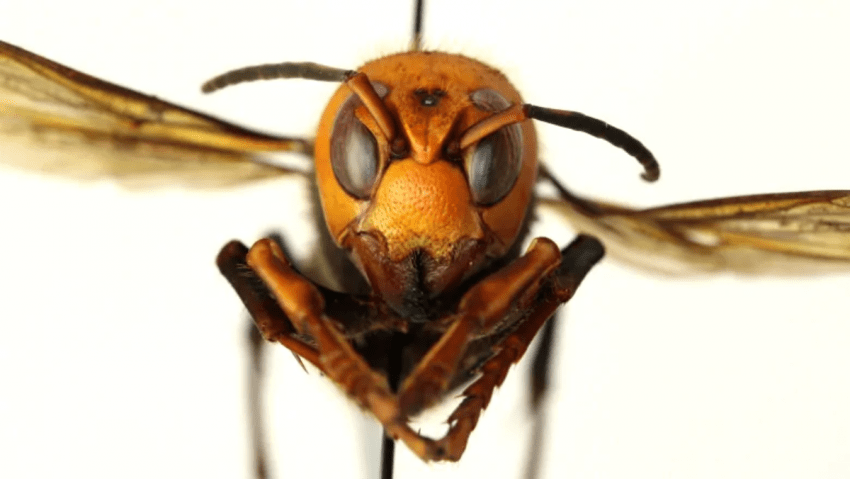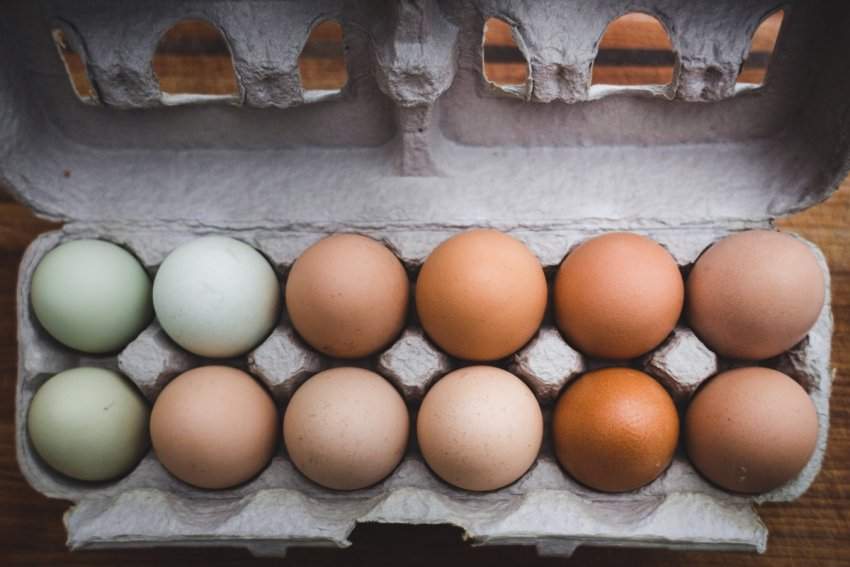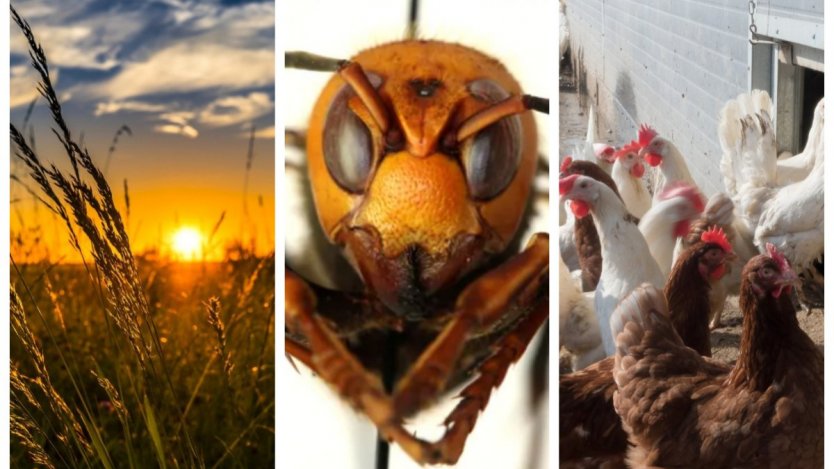The state of Canadian meat plants dominated headlines once again this week as multiple plants continued to report widespread cases of COVID-19. While the primary topic of concern appears to be the potential effect that subsequent closures could have on Canada’s food supply chain, one has to wonder when the health and safety of meat plant employees will take precedence.
The government of British Columbia has given residents another reason to stay indoors in the coming weeks after issuing an information bulletin asking residents to be on the lookout for the infamous “murder hornet.” Although its sting can be fatal to humans, most experts say the true threat is in the hornet’s predatory relationship with honeybees.
Lastly, if you’ve noticed more small eggs in your grocery store lately, you’re not alone. According to the Canadian Poultry and Egg Processors Council, roughly 222 million small-sized eggs--which are typically broken down and manufactured into other products--have been redirected to grocery stores to keep up with consumer demand.
Here are five stories you might have missed in food news this week.
Ontario poultry plant workers speak out against unsafe conditions

Employees of a Maple Lodge Farms plant in Brampton, Ontario are speaking out about the unsafe working conditions that led to one death and at least 24 confirmed cases of COVID-19. The employees say that in addition to not being provided with proper protective equipment, the plant has failed to adhere to physical distancing measures.
Workers have also claimed that they were encouraged to disregard the spread of the virus within the plant and continue coming to work.
Get the full story from Global News.
Memorial held for Cargill worker who died from COVID-19
A memorial was held this week for a southern Albertan Cargill employee who recently passed away after testing positive for COVID-19. Hiep Bui, who worked at the Cargill plant for more than 20 years, has been the only fatality out of 921 confirmed cases at the plant.
The memorial was organized and livestreamed on Facebook by non-profit community social justice group, ActionDiginity.
Find out more at CBC News.
"Murder hornets" could threaten honeybee population

The Asian giant hornet--also known by the nickname "Murder Hornet"--has been a cause for concern for many Canadians after the British Columbia government issued a statement asking residents to be on the lookout for its return this summer. Although its sting can be fatal to humans, most experts suggest the true threat is the hornet’s ability to decimate entire colonies of honeybees.
Check out Global News for more.
Canadian Federation of Agriculture says $252 million emergency aid package is not enough

This week, the federal government unveiled a $252 million emergency aid package to help farmers and food processors manage surplus production and redistribution, increase worker safety, and ensure livestock can be sustained for longer periods.
The Canadian Federation of Agriculture, who had previously asked for a package of $2.6 billion, said that while the fund was a good start, it falls “well short” of what is needed to protect against food shortages in Canada.
Head to CBC News for the full breakdown.
Why Canadian eggs seem smaller

If you feel like you’ve noticed more small eggs in your grocery store over the past few weeks, don’t worry, you’re not going crazy.
Roughly 70 per cent of the 740 million eggs produced by Canadian egg farmers in 2019 were graded as large or extra large in size. The remaining 30 per cent, which is typically broken down and manufactured into other products, is now being redirected to Canadian grocery stores to keep up with the rising demand of Canadian consumers.
Visit the Financial Post for more.













